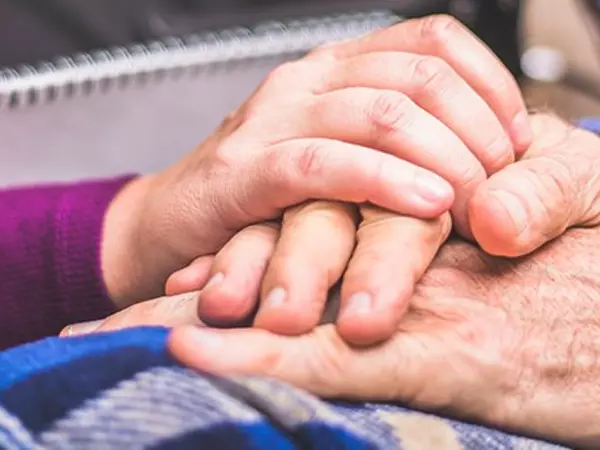
Understanding advanced cancers
Different healthcare providers may not mean the exact same thing when they use the term advanced cancer. Here, when we refer to advanced cancer, we're talking about cancers that cannot be cured. This means cancers that won't go away and stay away completely with treatment.
Advanced cancers can be locally advanced or metastatic. (Metastatic cancers have spread from where they started to other parts of the body.) Cancers that have spread are often considered advanced when they can't be cured or controlled with treatment. But not all advanced cancers have spread to other parts of the body. For example, some cancers that start in the brain may be considered advanced because of their large size or closeness to important organs or blood vessels. This can make them life-threatening even though they haven't spread to other parts of the body. In the same way, not all metastatic cancers are advanced cancers. Some cancers, such as testicular cancer, can spread to other parts of the body and still be very curable.
Locally advanced cancer is used to describe cancer that has grown outside the organ it started in but has not yet spread to distant parts of the body. For example, locally advanced pancreatic cancer is often not curable. But other locally advanced cancers, such as some prostate cancers, may be cured.
If you or a loved one is told that you have advanced cancer, it's very important to find out exactly what the doctor means. Some may use the term to describe metastatic cancer, while others might use it in other situations. Be sure you understand what the doctor is talking about and what it means for you.
Advanced cancer can often be treated. Even if the cancer can't be cured, treatment can sometimes:
- Shrink the cancer
- Slow its growth
- Help relieve symptoms
- Help you live longer
For some people, the cancer may already be advanced when they first learn they have the disease. For others, the cancer may not become advanced until years after it was first diagnosed.
As advanced cancer grows, it can cause symptoms that may need to be treated to help control them. These symptoms can almost always be treated, even when the cancer itself no longer responds to treatment.
*Article abridged from the American Cancer Society. To read it in its entirety, click here.